Together We Have It All
Working alongside researchers from the Nazarbayev University Research Centre for Entrepreneurship (NURCE), we created a photography and text book that showcases the stories of women entrepreneurs working in Kyrgyzstan's community-based-tourism sector.
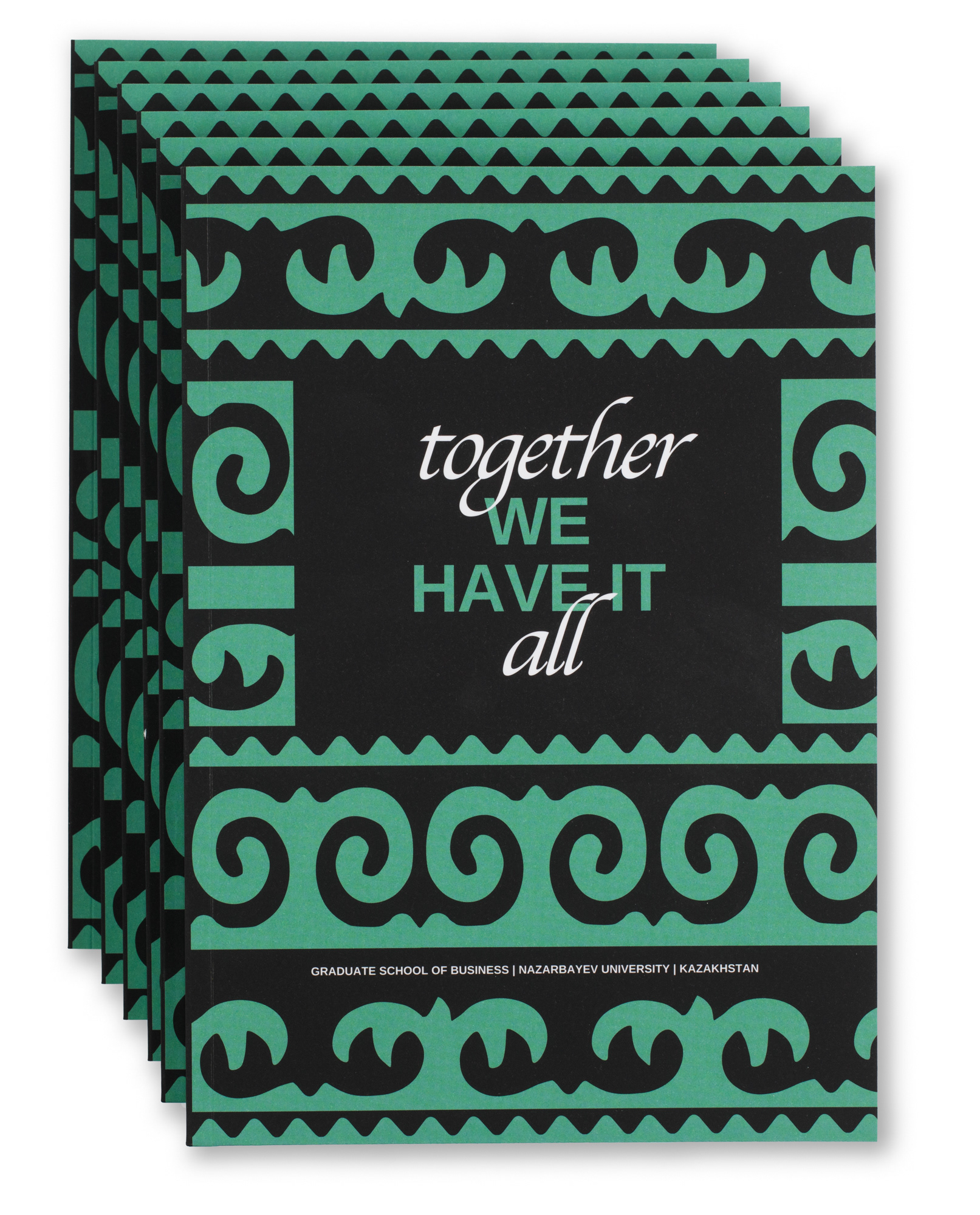

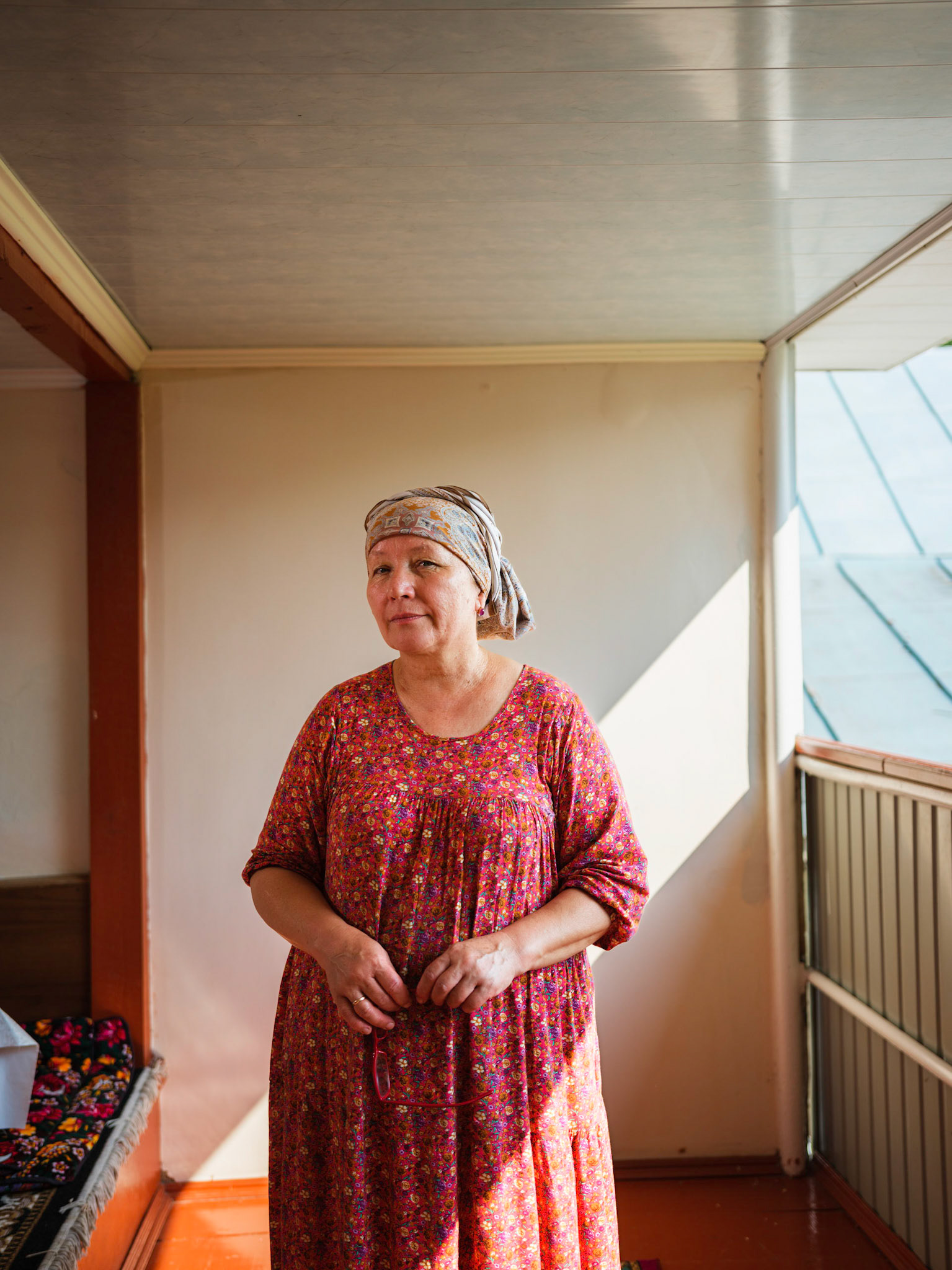
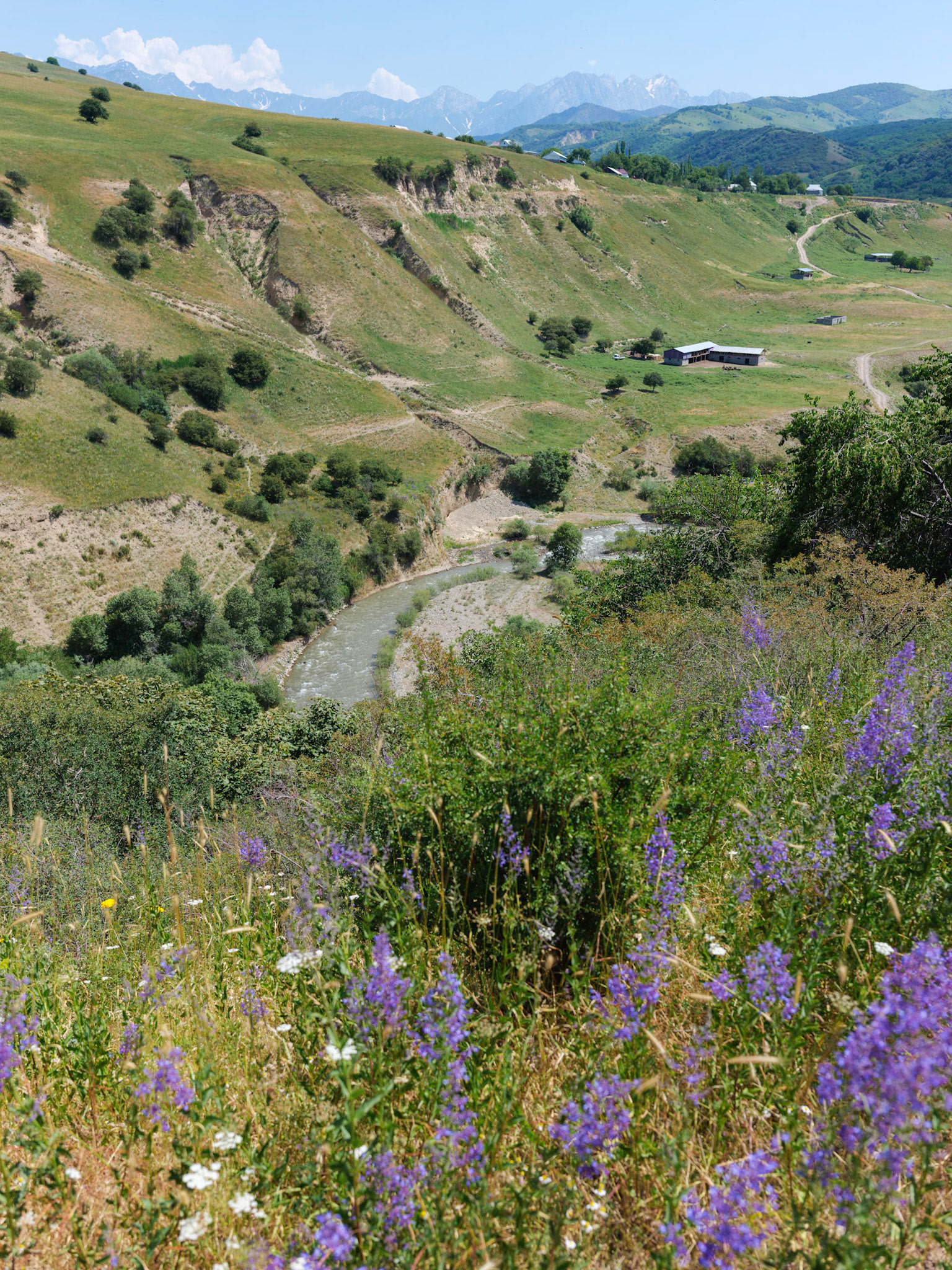
Luiza Osmanova runs a homestay located Arslanbob in the Babash-ata mountains beneath a scenic backdrop of Kyrgyzstan's snow-capped peaks. Next to the village is the world's largest walnut forest which in total spans around 60,000 hectares of trees up to 1,000 year old.
Luiza's journey did not start smoothly but is the one with a happy and proud ending, "It took me a long time to persuade my husband to allow me to attend the CBT training seminars. When I went, we would have these severe arguments that would sometimes last for days". He always questioned, "Why do you need this? I don't like that you spend all day there".
Luiza's journey did not start smoothly but is the one with a happy and proud ending, "It took me a long time to persuade my husband to allow me to attend the CBT training seminars. When I went, we would have these severe arguments that would sometimes last for days". He always questioned, "Why do you need this? I don't like that you spend all day there".
Once Luiza began to receive a steady stream of tourists, her once-sceptical and discouraging husband seemed to have a 'change of heart', "You know, men love to show off. When he is with his friends, he boasts that we receive tourists from Germany and Japan… little by little, we began to build this thing".
Luiza felt that through her success, she earned her husband's respect and appreciation, as he came to embrace her business and the benefits it brought: "I finally managed to persuade him that it was necessary to modify the house. And now we've got it all".
Luiza felt that through her success, she earned her husband's respect and appreciation, as he came to embrace her business and the benefits it brought: "I finally managed to persuade him that it was necessary to modify the house. And now we've got it all".
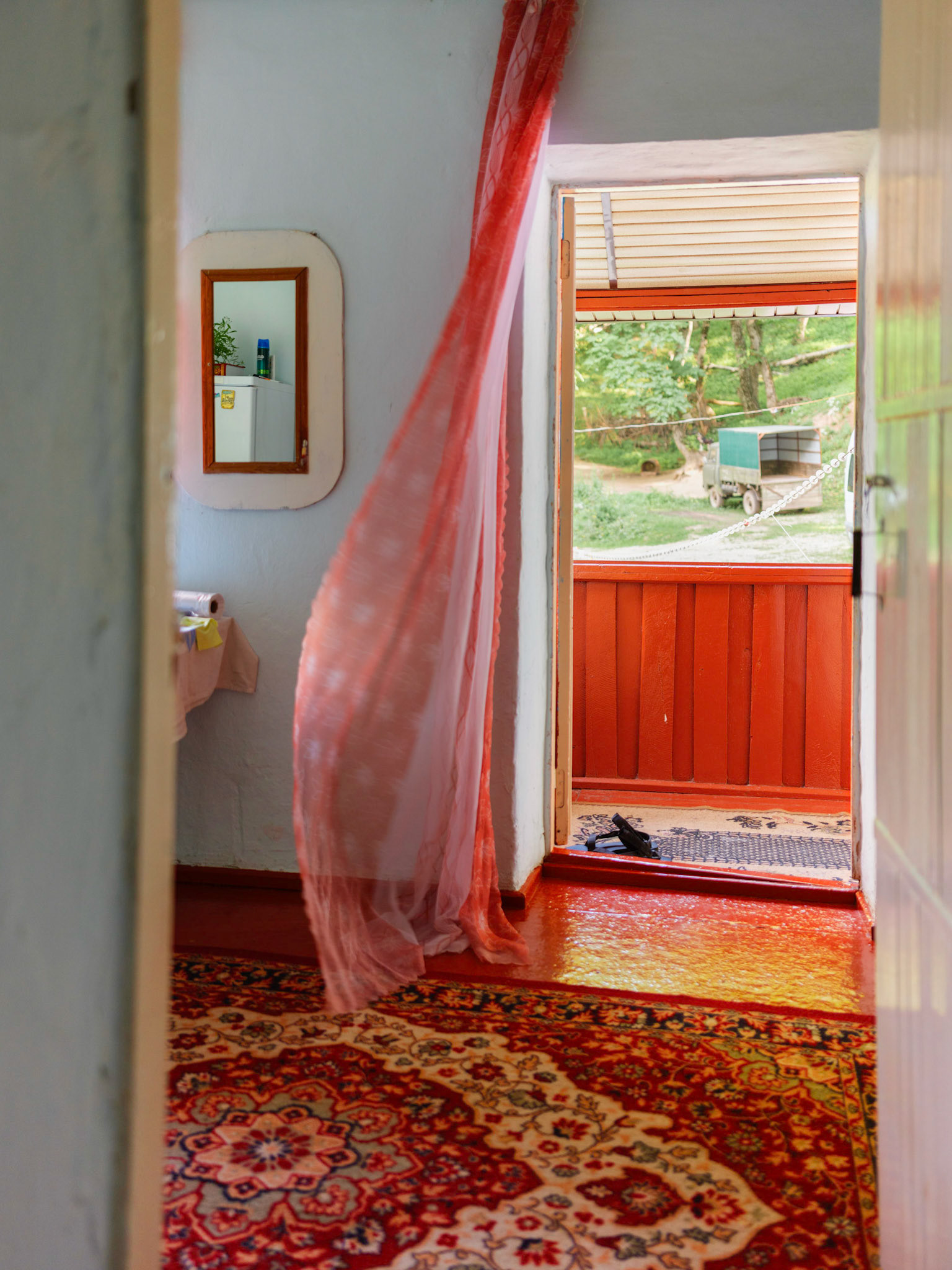
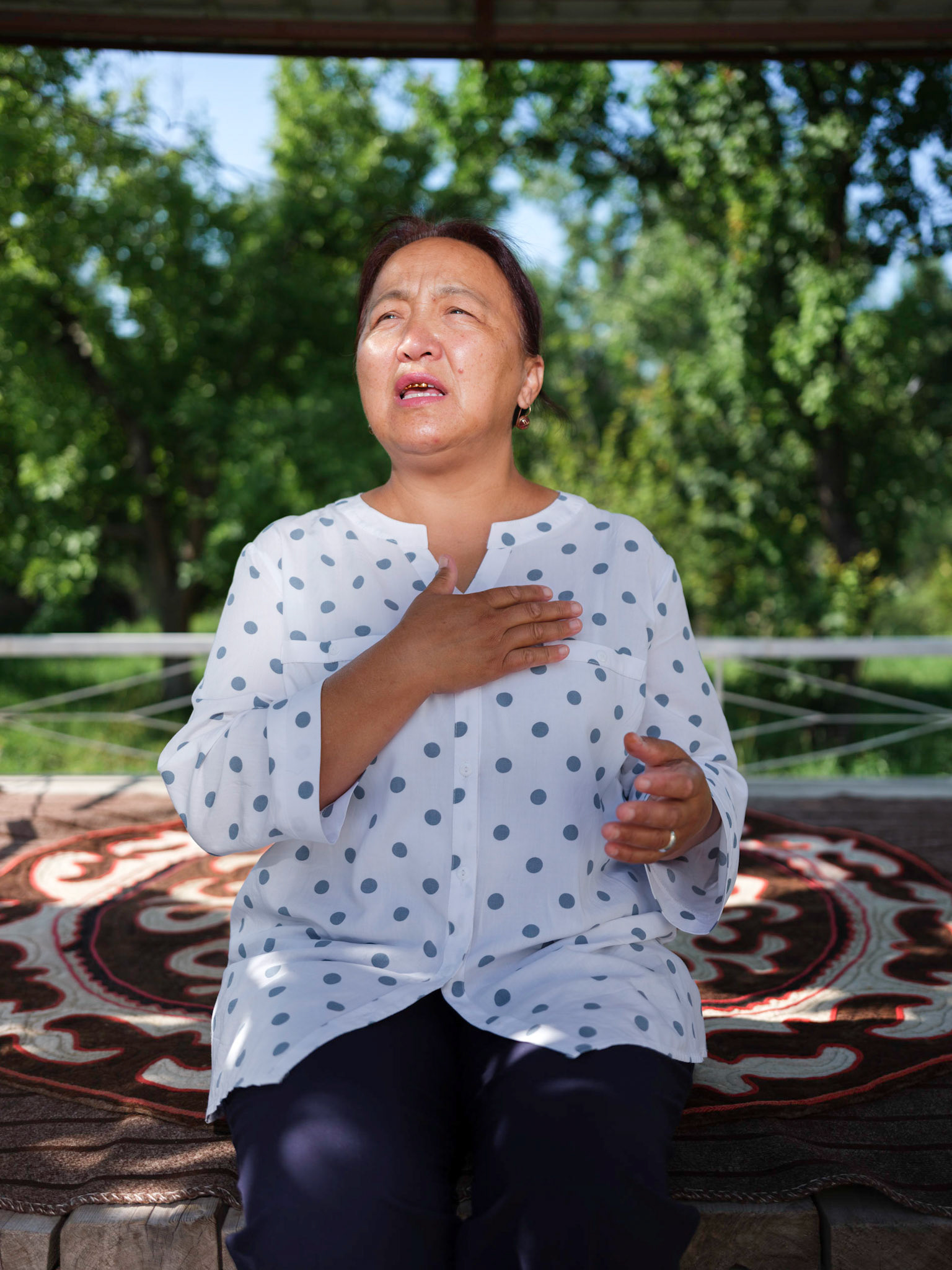
Shirinkan Karmyshova lives in Kazarman, situated close to the Makmal gold mine and Fergana mountains. It is known as a gateway to the famous Saimaluu-Tash petroglyphs. Shirinkan was the first CBT host in Kazarman. In 2005 Shirinkan learned of the CBT hosting opportunity from her sister-in-law who was working with the Swiss organisation Helvetas. Every summer season since 2005 she has welcomed travellers – returning to her regular job teaching English at the local school in winter.
Shirinkan believes that the financial independence she gained through CBT has empowered her in many ways. Perhaps Shirinkan is most proud of what she has been able to do for her children, “I was able to support their study at the Kyrgyz State Medical Institute. My daughter is a dentist, and my son is a trauma specialist. This would not be possible without tourism. If God wills, we are getting better and better. I would like to see a lot of tourists.” She also feels blessed to be able to help others, “My hands are now open. I always want to give. I help both mine and my husband’s relatives pay off loans, fix their cars, or facilitate treatment for those who fall ill, may God protect us.”
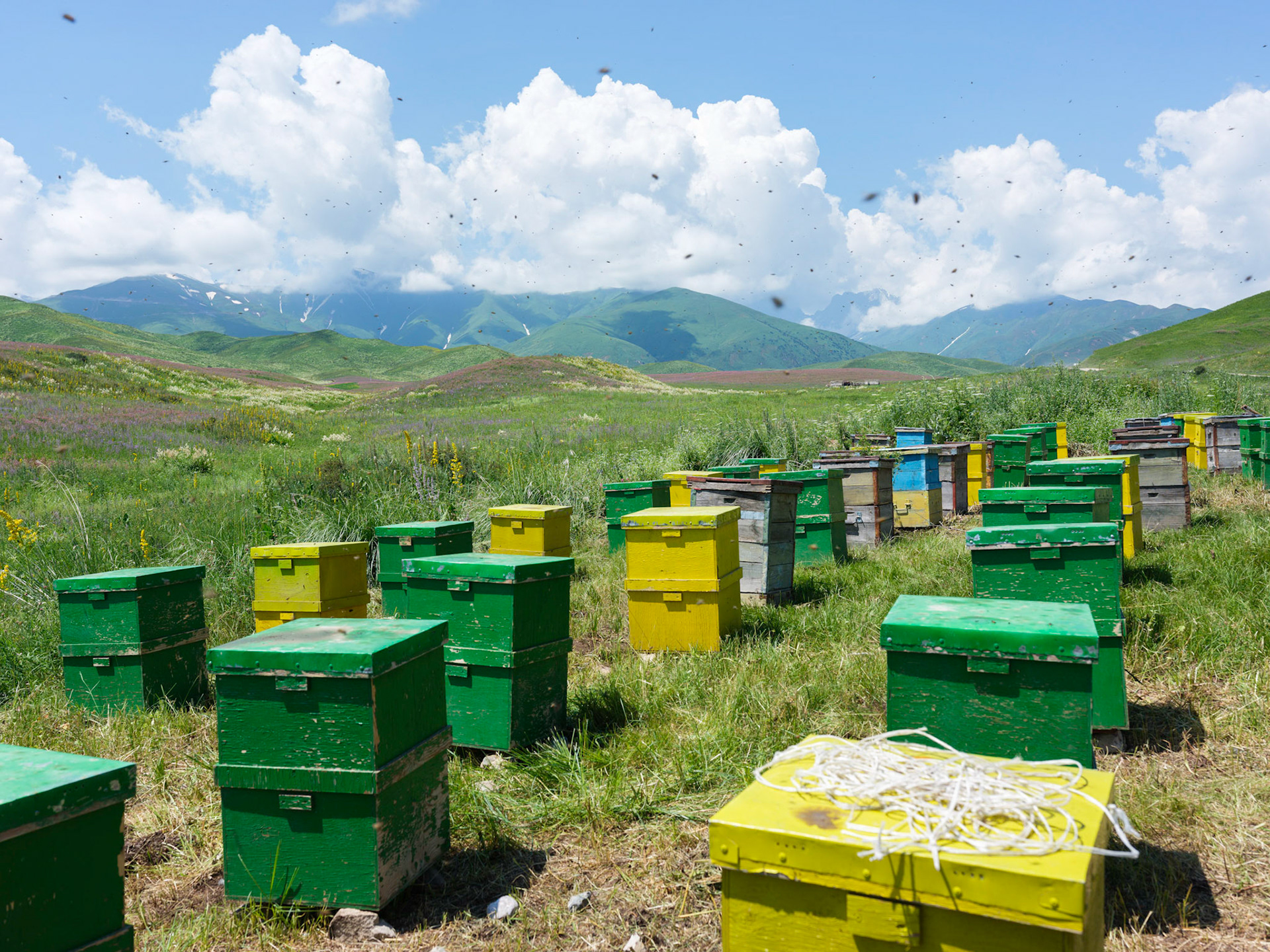
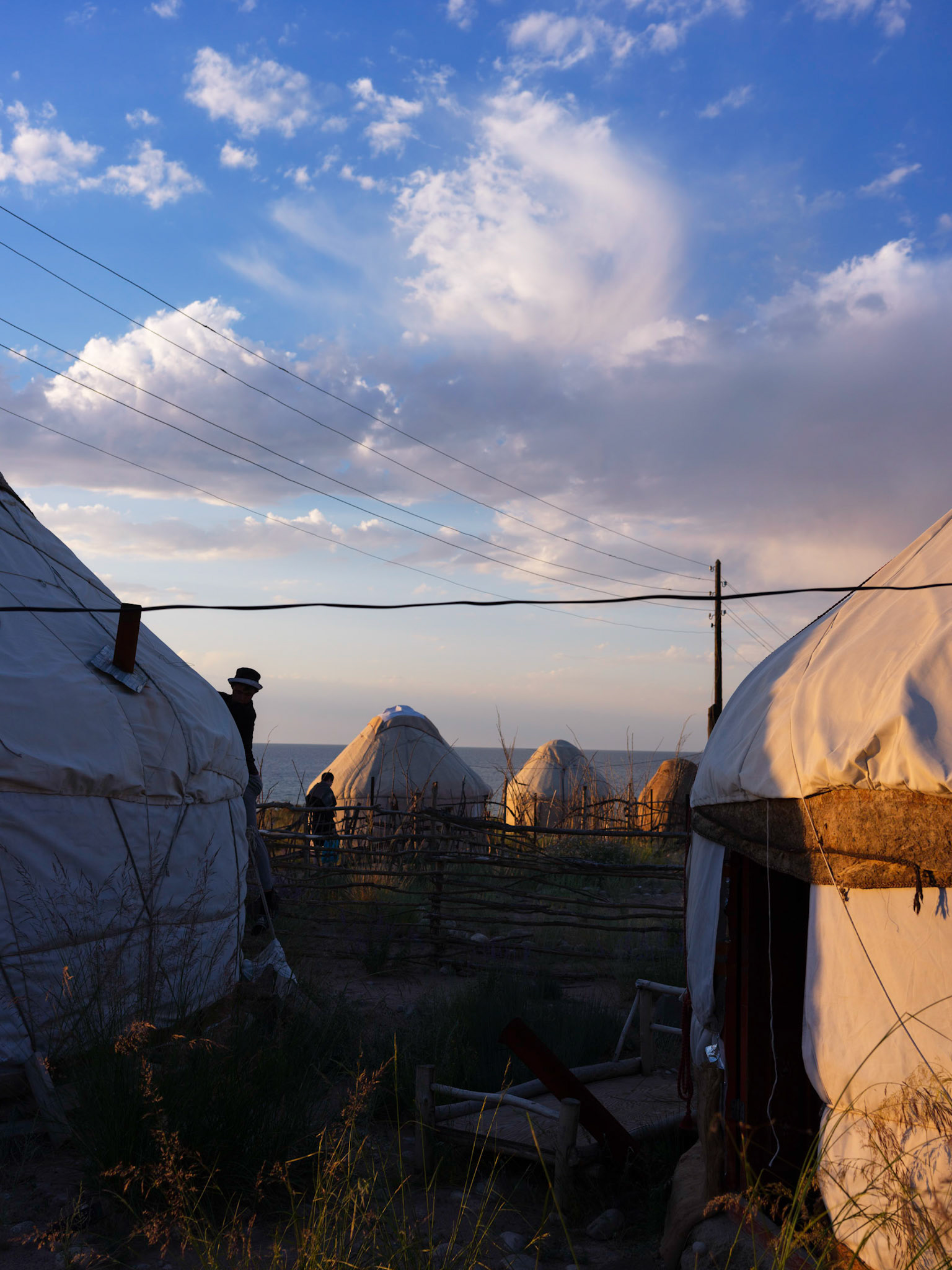
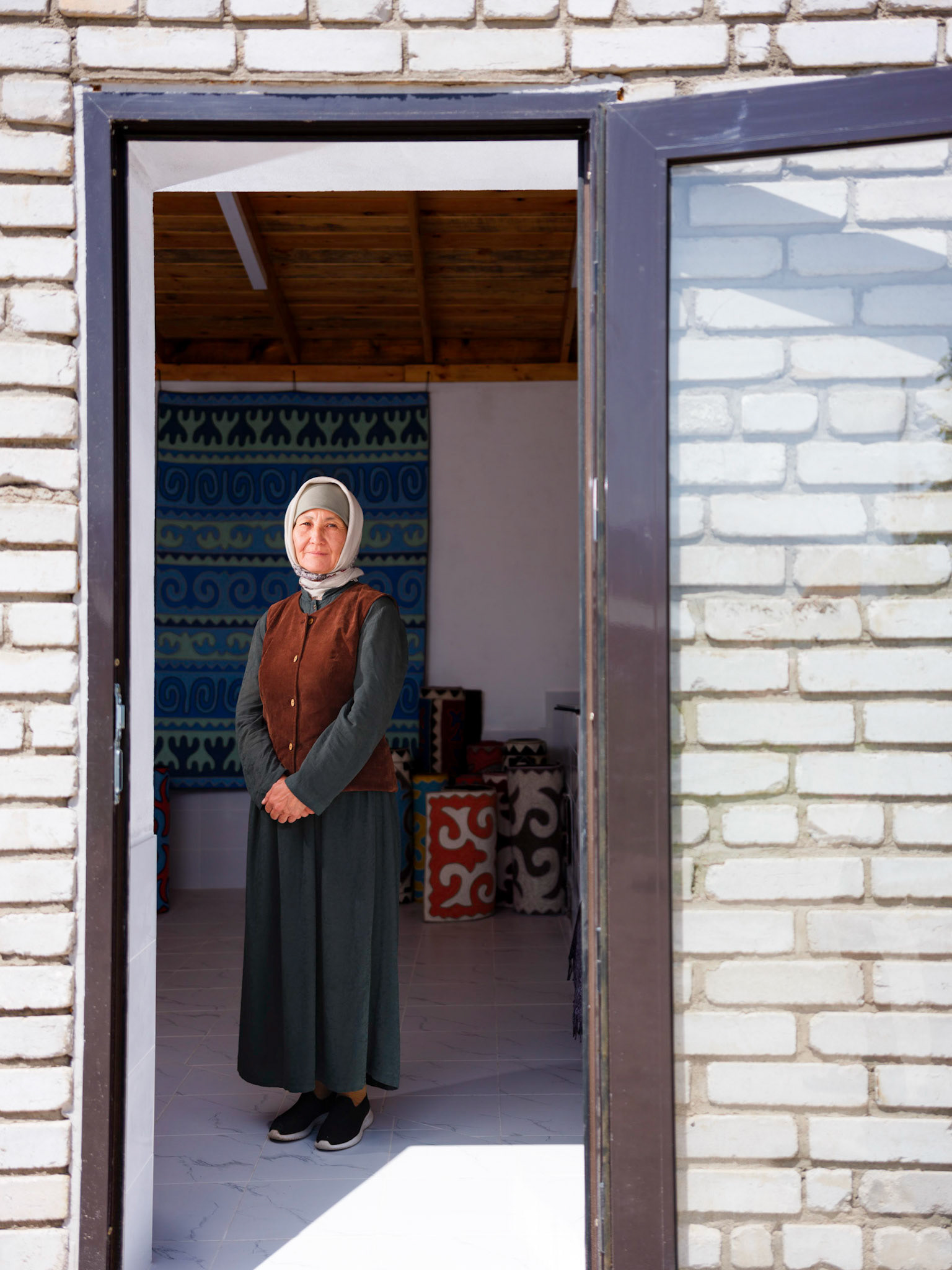
Zhanyl Baisheva lives and works in the small town of Bokonbaevo, by the shore of Issyk-Kul. In 1994, with the assistance of 'Aid to Artisans' and Dinara Chochunbaeva, she founded @altynoimok (Golden Thimble), which specialises in the production of traditional Kyrgyz felt carpets called shyrdaks. Zhanyl provides employment and a working space for 25 women from Bokonbaevo and nearby villages and has trained over 500 women from all over the world in making shyrdaks. Zhanyl is proud to see how the workshop develops women’s skills, helping them find jobs and even establish their own businesses. Her objective is to preserve Kyrgyz handicrafts and turn them into an income-generating activity.
Zhanyl explained how she gathered, trained and provided employment for the most vulnerable women in Bokonbaevo; mostly single mothers, women from poor families and those who have been the physically and mentally abused: “many unemployed women who feel powerless or lost come to find work with us. They become empowered and strong here. We give them a chance to develop their skills, to gain financial autonomy and respect within their families and the community.”